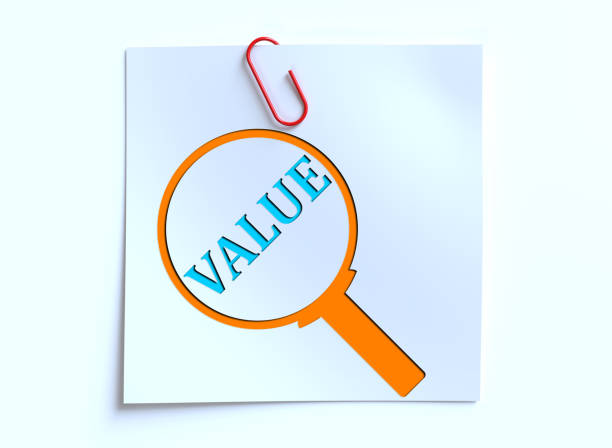Opportunities

Research Assistant Wanted (Dec 2024 - Aug 2026)
The MarineEcon lab is seeking a researcher to work with Dr. Marine (Yaqin) Liu on a new project in the field of marine resource economics. The successful candidate will be hired as a Research Assistant at a grade that is commensurate with their level of training and experience. This person will take the lead of implementing analytical and statistical tests on hypotheses formed around fishing behavior using multiple data sets. Prior experience in data analysis with at least one coding language (R, Matlab, or Python) is required. Experience with data visualization is preferred. Candidates should have acquired skills in statistics, mathematics, and data science. Apply to this job: https://whoi.wd5.myworkdayjobs.com/WHOI-External/job/Hybrid--Woods-Hole-MA/Research-Assistant_JR100107
Read more
The successful applicant will learn a novel method developed by Dr. Liu in detecting collective human behavioral changes in annual harvest and apply this method to data collected from three countries, the United States, Iceland, and Norway. The individual will conduct data cleaning, coding and running the tests to produce tests results and assist with drafting a manuscript for publication in a peer-reviewed journal. The individual may also be asked to join data work from other ongoing projects. Strong communication skills, effective time management, ability to work independently, and attention to details are essential.
The internal working title for this position could be either Research Assistant I or Research Assistant II. The final level of the position will be determined commensurate with the selected candidate's level of education & experience.
More details on the project, see here.

Graduate Student Wanted (Fall 2024 - )
The MarineEcon lab is seeking one or two graduate students, for fall 2024 enrollment in the WHOI-MIT joint program, to work on a research project entitled, “The Future of Fishing in the High Seas under Climate Change”. Fishing in the high seas (64% of the global ocean beyond national jurisdiction) has expanded with advanced technologies. Concerns on overfished species, fragile habitats, and biodiversity have led to the signing of the High Seas Treaty. The successful implementation of the treaty comes with the challenge of understanding the complex dynamics of ocean-human interactions affected by climate change. High-seas fisheries are an important economic resource, amounting to around 6% of global catch and 8% of the global fishing revenue in 2014. We will build a boosted regression tree (BRT) hurdle model to relate physical oceanographic variables with fishing effort distributions. We will estimate and validate the model with data from 2012-2020 of longline vessels in the Indian Ocean and forecast fishing grounds of longline vessels up to 2100.
Read more
This work is in collaboration with Dr. Steph Brodie at CSIRO (Australia). The project is seeking funding from private foundations. You will learn about handling geo-temporal physical oceanographic and fishing data, machine learning models, statistical analysis, and graphic presentation of results. Coding in R or Python is required. Previous knowledge in statistics is preferred. See more details about similar projects, see here.